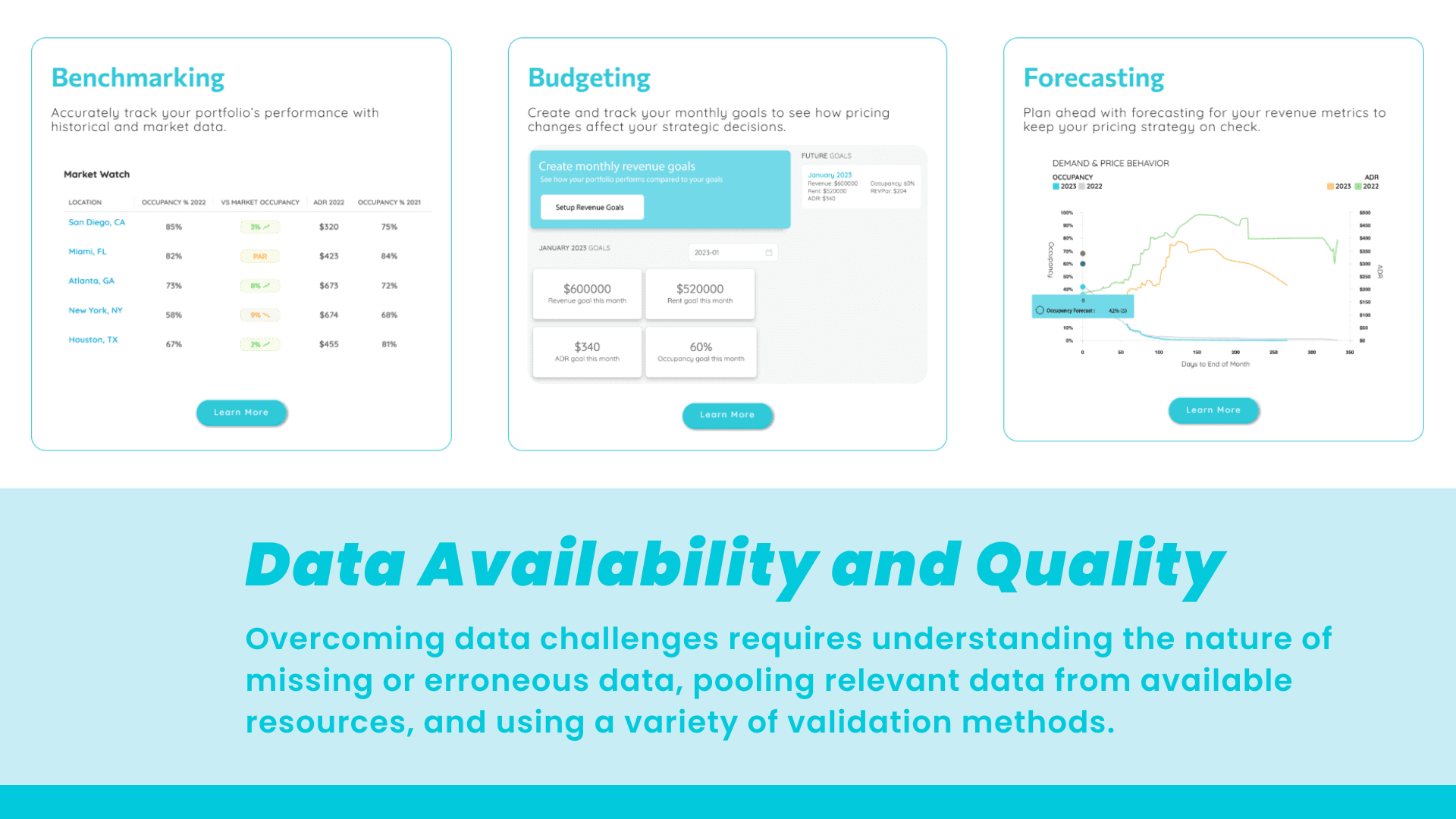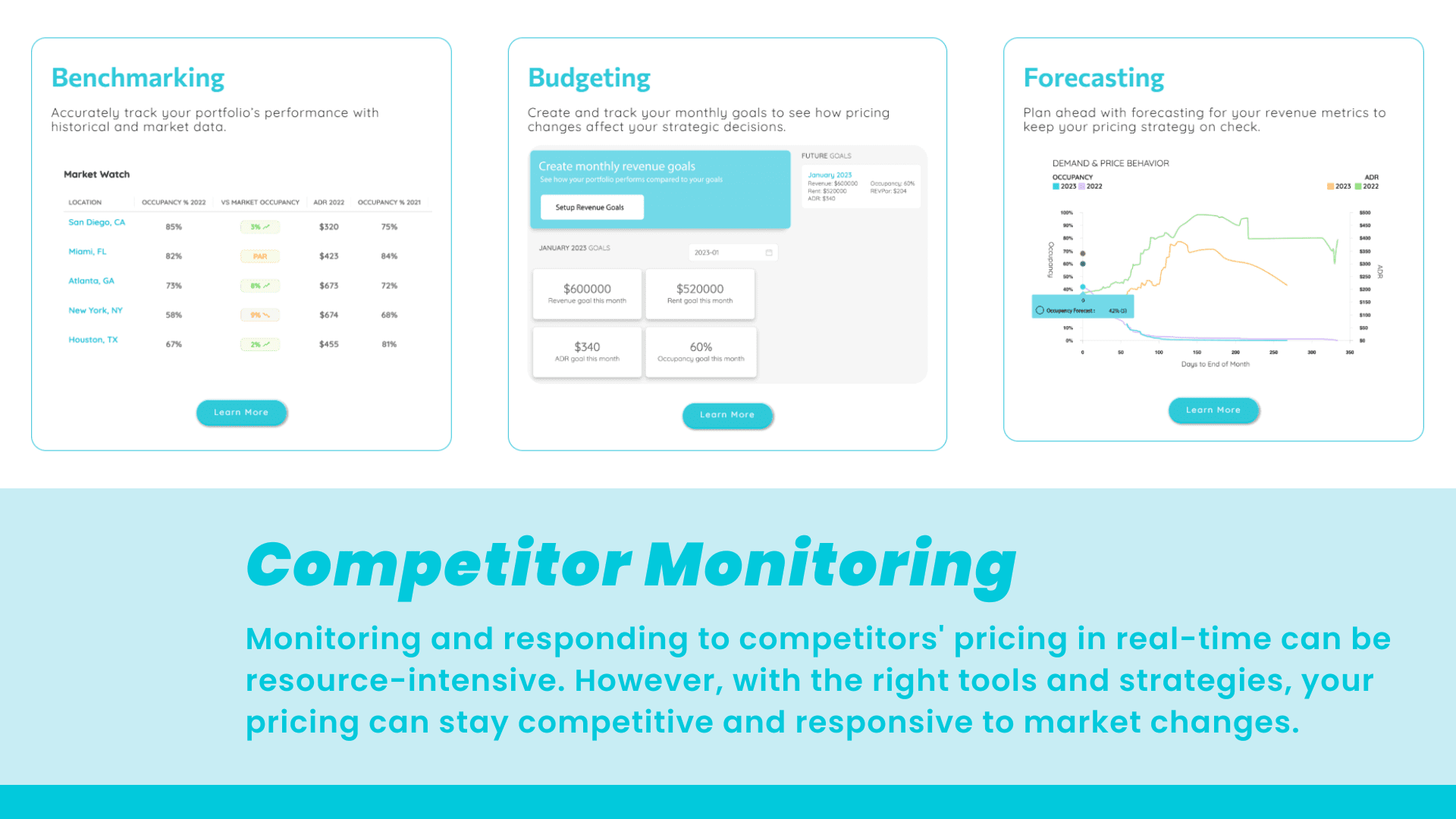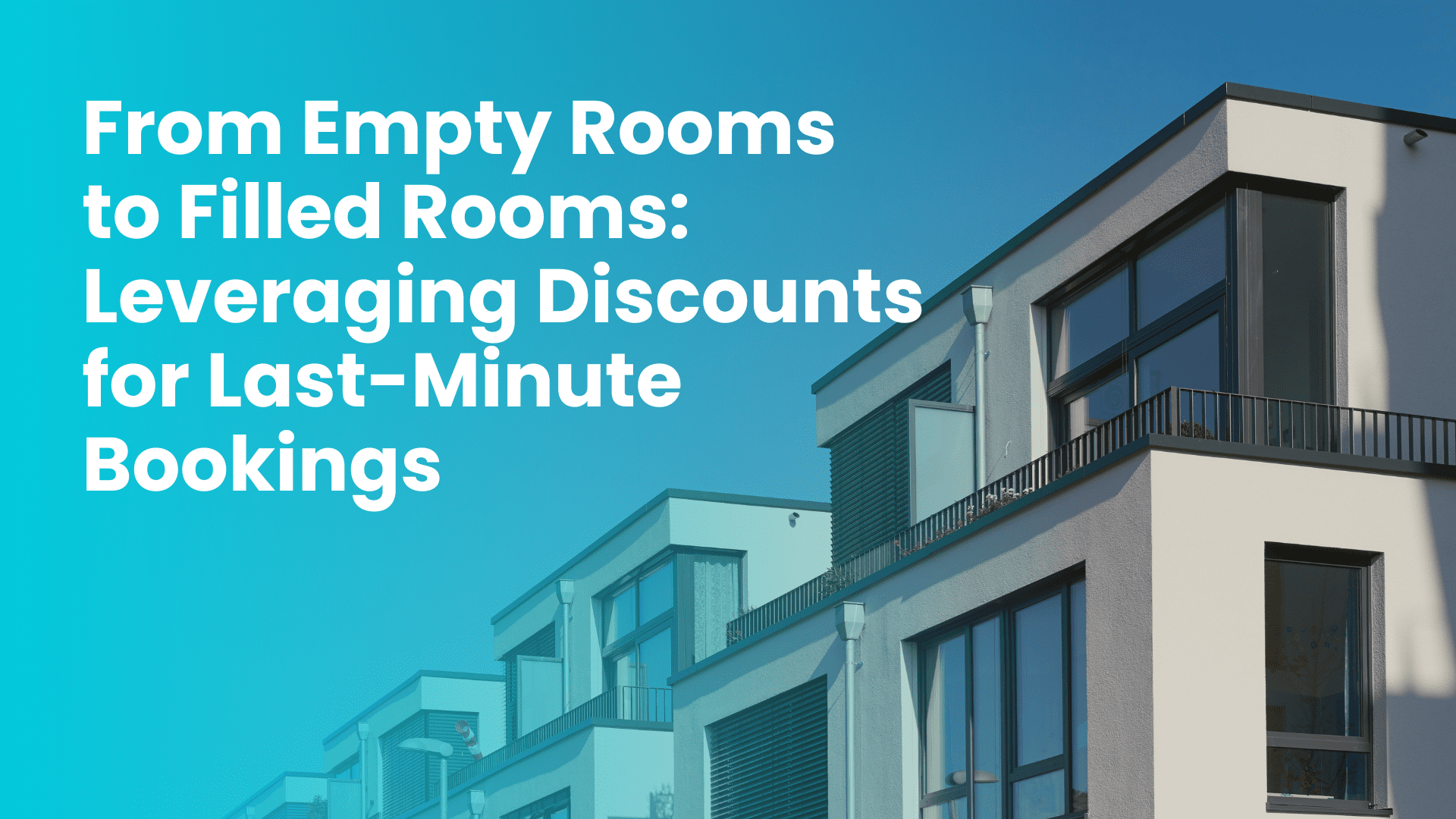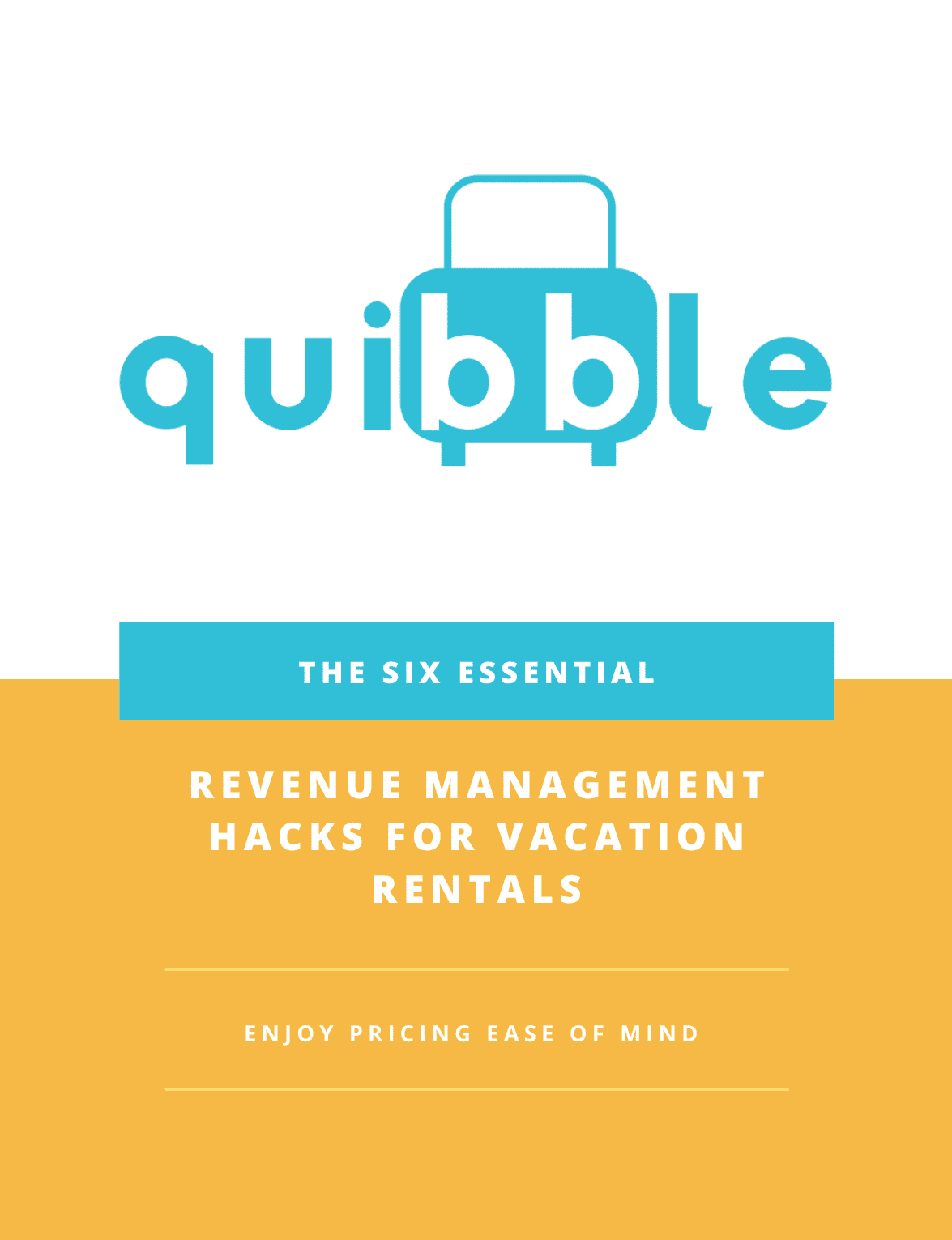Which cancellation policy should you choose?
Cancellations are never fun. Historically the vacation rental industry has enjoyed a host-friendly cancellation policy structure. It is common for property managers and homeowners to use strict cancellation policies giving traveling guests little to no flexibility. Naturally, the cancellation rate amongst vacation rentals has been meager throughout the last ten years.
The pandemic has upended every aspect of every business in many ways. It has meant an astronomical surge in cancellations for vacation rentals, most of them a result of extenuating circumstance clauses on reservation and distribution agreements.
Cancellation policies can help to decrease the probability of needing a new reservation closer to the check-in date. Most of the time, the new reservation is riskier and less profitable versus its original counterpart. However, a strict cancellation policy can deter potential guests from booking, affecting your ranking as your listing’s click-through rate (CTR) and conversion rate decrease.
Be flexible, increase RevPAR.
At Quibble, we are obsessed with the what-if forecasting. We studied, hypothesized, and A/B tested different cancellation policies in 9 major US destinations before the current pandemic times. Our research found listings with a flexible cancellation policy drove 22% higher RevPAR (revenue per available rental-night) versus a restrictive cancellation policy. A flexible cancellation policy is considered approaches with 100% reimbursement up to 7 days or less until check-in day. Even though the wide-window guests have to cancel their reservation, our research found an average cancellation rate of 6%. This cancellation rate is much lower than the 10% average cancellation rate amongst alternative accommodations.
While less restrictive cancellations policies can have its own set of operational headaches, it can also serve as a revenue stream itself. You can use cancellation policies as ancillary revenue by offering potential guests different price points with various restrictions. Extensive travel industry research studies giving people 2-4 options can help maximize overall revenue. Why not apply it to short term rentals and alternative accommodations? At Quibble, we have developed comprehensive cancellation policy strategies helping property managers achieve higher RevPAR and decreasing overall vacancy. On average, our property managers have seen increased revenue by up to 27% while adding a revenue stream to their business.
You can find more information on Airbnb and VRBO about cancellation policies. Does it match your direct booking cancellation policy? Schedule a demo with us, and we can help customize and optimize your cancellation policy strategy while maximizing your revenue outcome.

Pricing
Ease of Mind
Revenue Management Experts and Pricing Optimization for your Short-Term Vacation Rental are one click away!
Receive more information via email by fill-up the form below.











